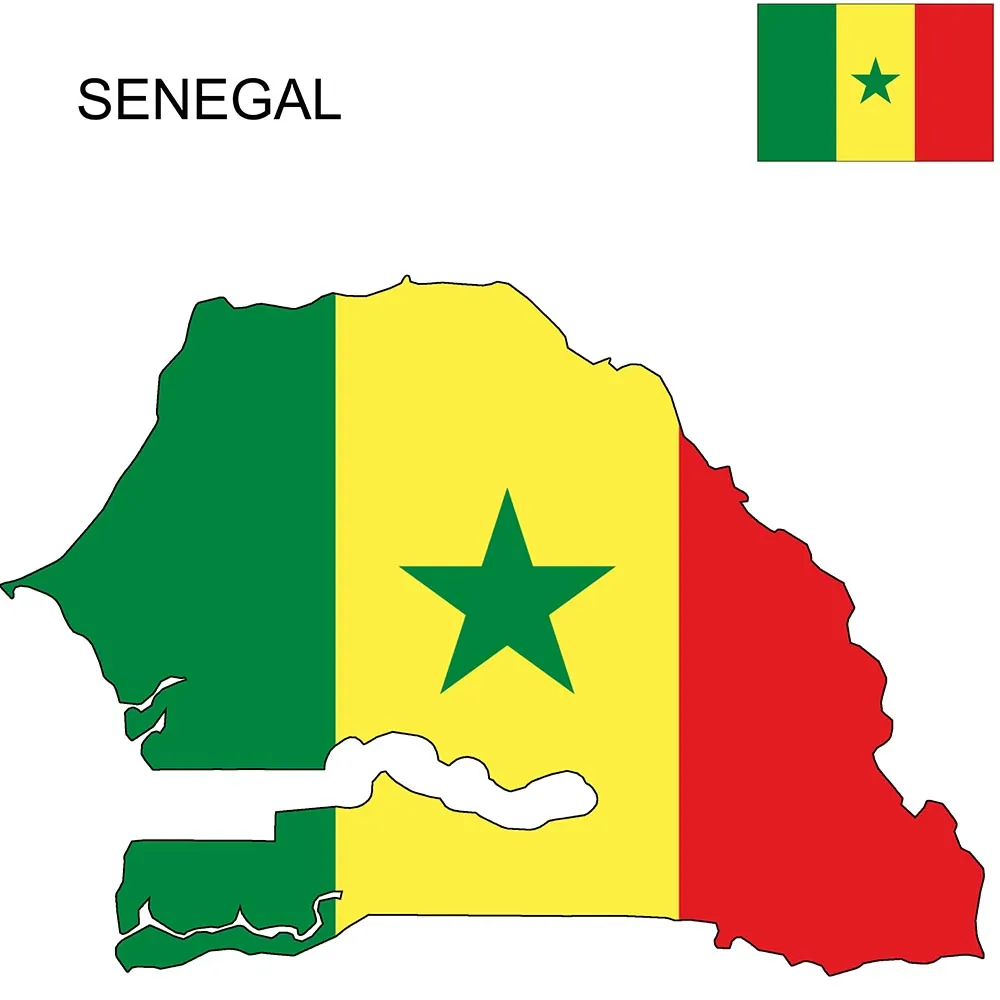African leaders along with development partners will meet in Senegal to lay out strategies for unlocking Africa’s food-production potential.
Senegal’s President Macky Sall, the African Union’s Chairperson, will host the three-day Dakar II Food Summit beginning on Wednesday 25th, with the African Development Bank Group as a co-host.
A press statement by APO Group on behalf of African Development Bank Group (AfDB) said that the summit is a follow-up to the inaugural meeting in 2015, when the Feed Africa Strategy for Agricultural Transformation (2016–2025) in Africa was suggested.
The Summit’s agenda, Feed Africa: Food Sovereignty and Resilience, focuses on improving Africa’s food nutrition and security, harnessing the continent’s vast agricultural resources, increasing international trade, expanding market share, and increasing production and processing value addition.
Current yam prices far below cost of production, farmers lament
Outspan renews MoU with Kano dairy farmers
The African Development Bank Group President Dr. Akinwumi A. Adesina stated that the Dakar II Summit will mobilize government commitment, development partner and private sector investment, define much needed policies, and strategically drive activities to deliver at scale, adding that the gathering will be a watershed moment for the continent’s food sovereignty and resilience.
Heads of state and government will meet during the summit to create revolutionary, nation-specific food and agriculture delivery compacts. During sessions and throughout the summit, the corporate sector and development partners will also play major roles. African nations are also expected to make concrete political commitments to put in place measures intended to end the continent’s extreme poverty, hunger and malnutrition.
The event will highlight initiatives that are already helping Africa achieve food security and resilience. This includes the Technologies for African Agricultural Transformation (TAAT) platform of the African Development Bank, which is supplying 11 million African farmers in 21 countries with heat-tolerant wheat, drought-tolerant maize, and high-yield rice seeds.
Dr. Martin Fregene, the African Development Bank’s Director for Agriculture and Agro-Industry, claims that TAAT would increase food production by 100 million metric tonnes, enough to feed 200 million people.
He said scaling up agricultural technology initiatives like TAAT achieves more than only increasing agricultural productivity, adding that it boosts wealth, generates employment, and facilitates regional and global trade in the African markets.

 Join Daily Trust WhatsApp Community For Quick Access To News and Happenings Around You.
Join Daily Trust WhatsApp Community For Quick Access To News and Happenings Around You.


